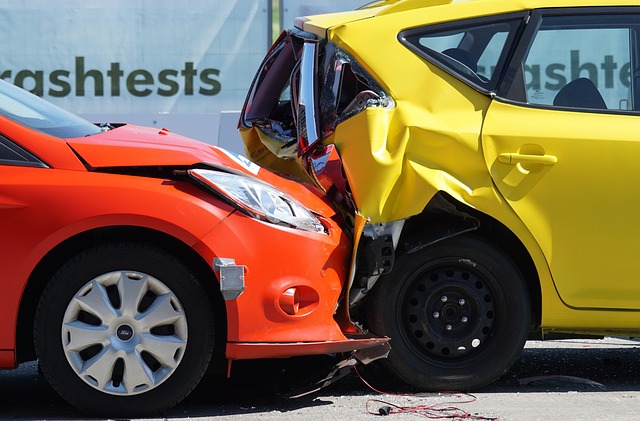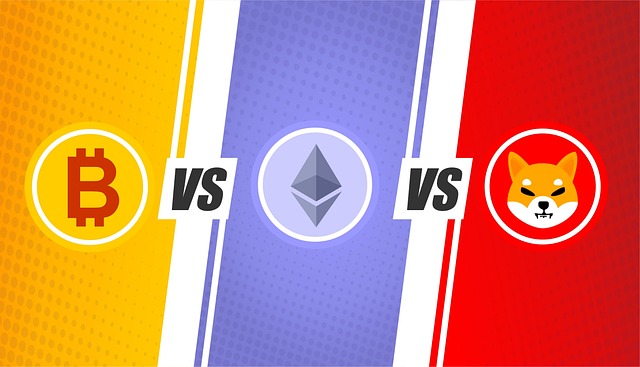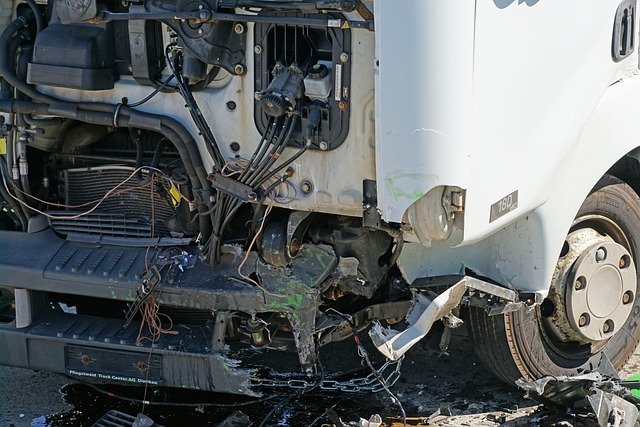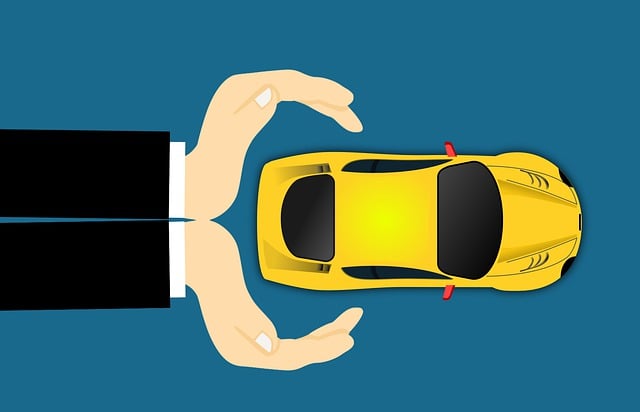Collision and comprehensive auto insurance offer distinct protection against vehicle damage. Collision covers accidents, focusing on repairs or replacements, while comprehensive provides broader coverage for events like theft, vandalism, natural disasters, and animal encounters. Comprehensive is recommended for newer vehicles, high-risk locations, or drivers with clean records seeking complete protection. Collision is more cost-effective for older, lower-value cars, as claims are based on actual cash value. Understanding these differences is vital when choosing coverage tailored to individual needs and vehicle attributes.
When it comes to auto insurance, choosing between collision and comprehensive coverage can be confusing. This guide breaks down the nuances of these two essential policies, helping you understand what each covers and when to pick one over the other.
We’ll explore real-world scenarios, delve into cost factors, and provide a checklist for making an informed decision. By the end, you’ll be equipped with the knowledge to navigate the collision vs. comprehensive dilemma and select the best protection for your vehicle.
Understanding Collision Insurance: Coverage and Benefits

Collision insurance is a type of auto coverage that protects against financial loss in the event of a car accident. When you have collision insurance, your policy will help pay for repairs or replacement of your vehicle if it’s damaged in a crash, regardless of who’s at fault. This includes both major and minor fender benders, as well as more severe accidents. The benefits extend to not just repairing your car but also ensuring that you’re not left with a substantial bill for rental cars while yours is being fixed.
Compared to collision insurance, comprehensive auto insurance offers broader protection. While collision covers incidents involving collisions, comprehensive insurance protects against a wider range of events, including theft, vandalism, natural disasters, and even animal-related damages. Comprehensive policies typically pay out the actual cash value (ACV) of your vehicle, which considers its age and condition, making it an attractive option for those with older or high-value cars.
Comprehensive Insurance: What It Covers and Why It Matters

Comprehensive insurance offers protection beyond what collision coverage provides. In addition to repairing or replacing your vehicle after a collision, comprehensive insurance covers damages from events like theft, vandalism, natural disasters, and animal encounters. This type of coverage is crucial for drivers who want peace of mind knowing their vehicles are protected from a wide range of unexpected incidents.
When considering collision vs. comprehensive auto insurance, it’s important to understand that collision coverage only applies when your vehicle experiences physical damage due to a crash. If your car is stolen or damaged by weather, comprehensive insurance will step in to help with the costs, ensuring drivers aren’t left with hefty repairs or replacement bills for these unforeseen circumstances.
When to Choose Collision Over Comprehensive

When deciding between collision and comprehensive auto insurance, understanding when to choose collision is key. Collision coverage is generally recommended if you drive an older vehicle with a relatively low market value. Since comprehensive and collision both cover damage to your car, choosing collision can be more economical for these situations because it typically has lower deductibles and premium costs. This is especially true if the cost of repairs for minor collisions exceeds the deductible on a comprehensive policy.
Additionally, collision insurance may be preferable if you have limited driving experience or live in an area with high auto theft rates. In such cases, the additional protection offered by collision coverage can provide peace of mind, ensuring that unexpected incidents don’t significantly impact your financial well-being. However, for newer vehicles or drivers who prefer broader coverage, comprehensive insurance may offer more suitable protection against a wider range of events beyond collisions.
Scenarios Where Comprehensive Insurance is the Better Option

In certain situations, comprehensive insurance is the superior choice for vehicle owners, offering protection beyond collision-related incidents. It covers a wide range of events, including theft, vandalism, natural disasters, and even animal-caused damage. This type of coverage is particularly beneficial for those living in areas prone to specific risks. For instance, if you reside near a body of water, comprehensive insurance can safeguard against potential flood damage, which might not be covered under collision policies alone.
Additionally, comprehensive insurance provides peace of mind by ensuring that unexpected events won’t leave you burdened with substantial repair or replacement costs. It’s especially advantageous for younger drivers or those with less-than-perfect driving records since accidents and theft are more common in these demographics. When comparing collision vs. comprehensive auto insurance, comprehensives’ broader coverage makes it a more appealing option for mitigating diverse risks that may arise during ownership.
Factors Influencing the Cost of Collision vs. Comprehensive

Several factors determine the cost of collision versus comprehensive auto insurance, making a direct comparison essential for policyholders. First, the type and extent of coverage offered by each option vary significantly. Collision insurance primarily covers repairs or replacement due to incidents like accidents, while comprehensive insurance provides broader protection against non-collision events such as theft, vandalism, natural disasters, and animal-related damage.
The cost also hinges on your vehicle’s make and model, age, and your driving history. Newer vehicles with advanced safety features often command higher premiums for collision coverage due to the potential for more extensive repairs. Conversely, comprehensive insurance rates may be influenced by factors like your claim history, the value of your vehicle (which diminishes over time), and your location, as certain areas have higher theft or natural disaster risks. Understanding these variables is crucial when deciding between collision and comprehensive auto insurance policies.
Making an Informed Decision: Comparison Checklist

When deciding between collision and comprehensive auto insurance, it’s crucial to make an informed decision that aligns with your needs. Start by evaluating your driving history and the frequency of accidents—if you have a clean record, comprehensive may be more suitable due to its broader coverage for incidents not involving collisions. Conversely, if you’re prone to fender benders, collision insurance could offer more protection.
Consider your vehicle’s age and condition. For newer or high-value cars, comprehensive might be preferable as it covers most damage types, including theft, vandalism, and natural disasters. However, for older vehicles that are less expensive, collision coverage may not provide a significant enough return on investment. Create a comparison checklist: evaluate deductibles, policy costs, and what’s covered under each option to make the best choice between collision vs. comprehensive auto insurance.
Real-World Examples: Collison vs. Comprehensive Claims

In real-world scenarios, understanding the distinction between collision and comprehensive auto insurance is crucial for making informed decisions about coverage. Let’s consider a few examples: imagine two drivers, Alex and Jamie, both facing similar fates on a rainy night. Alex’s car slips on a patch of ice, causing a collision with another vehicle. Jamie, on the other hand, encounters a deer in the road, leading to a total loss of their vehicle due to severe damage.
For Alex, a collision claim would typically cover repairs or replacement costs, but only up to the actual cash value (ACV) of the car at the time of the accident. This may not account for the increased costs of parts and labor. In contrast, Jamie’s comprehensive insurance policy would step in, covering not just the physical damage from the deer impact, but potentially also additional expenses like towing, rental car fees, and even loss of use benefits if their vehicle was rendered unusable while repairs were being made.
FAQs About Collision and Comprehensive Insurance

FAQs About Collision and Comprehensive Insurance
When it comes to Collision vs. Comprehensive Auto Insurance, many drivers are left confused about which coverage is right for them. Let’s break down some common questions. First off, collision insurance covers damages to your vehicle from accidents, while comprehensive insurance protects against a wider range of events like theft, vandalism, and natural disasters. Understanding these distinctions is key when deciding between the two.
Another frequent query revolves around cost. Comprehensive insurance typically costs more than collision due to its broader scope of protection. However, collision coverage might be more affordable if you have an older vehicle or one with lower resale value since claims on such policies are settled based on actual cash value rather than replacement costs for new or like-new parts.
